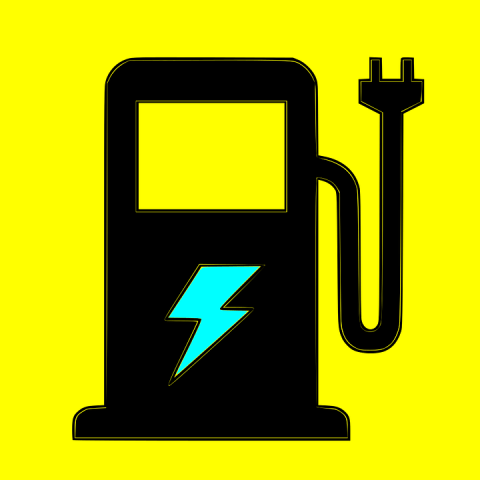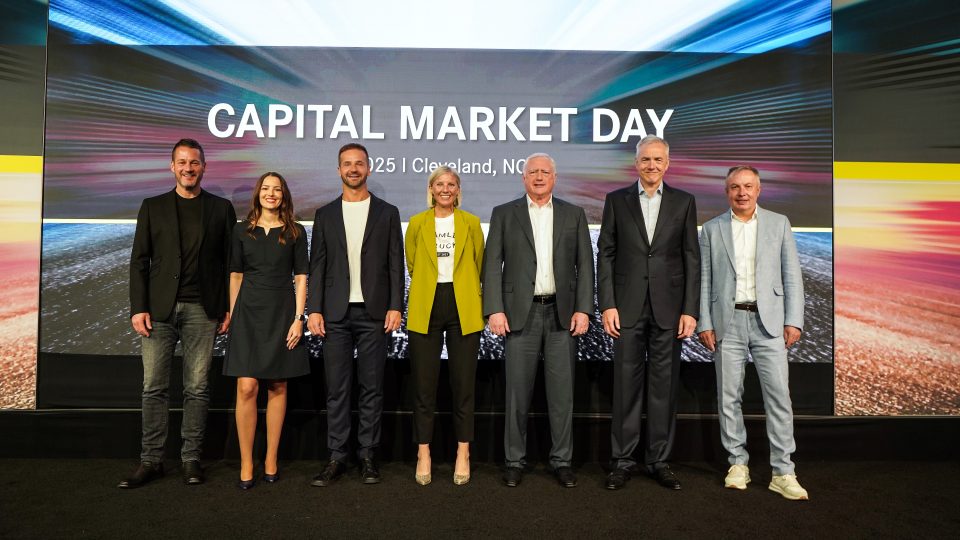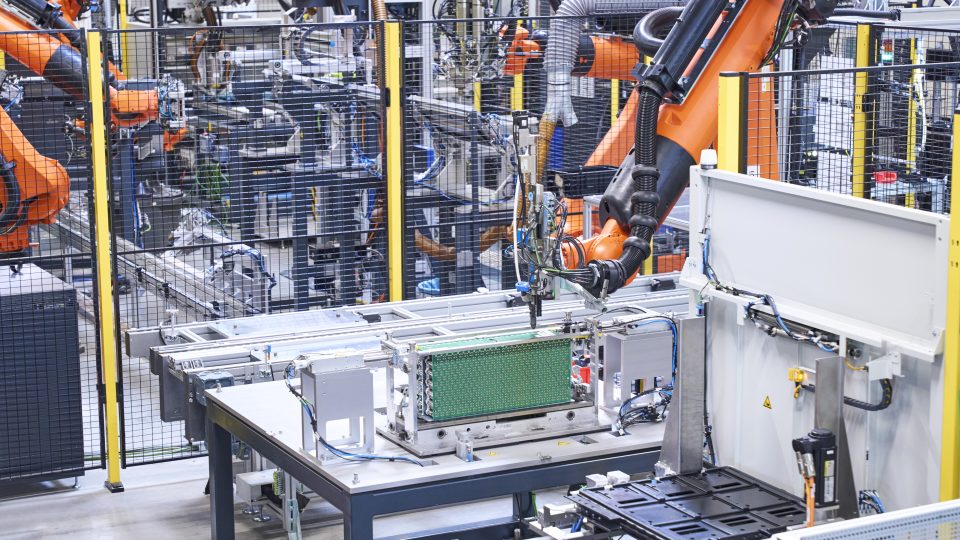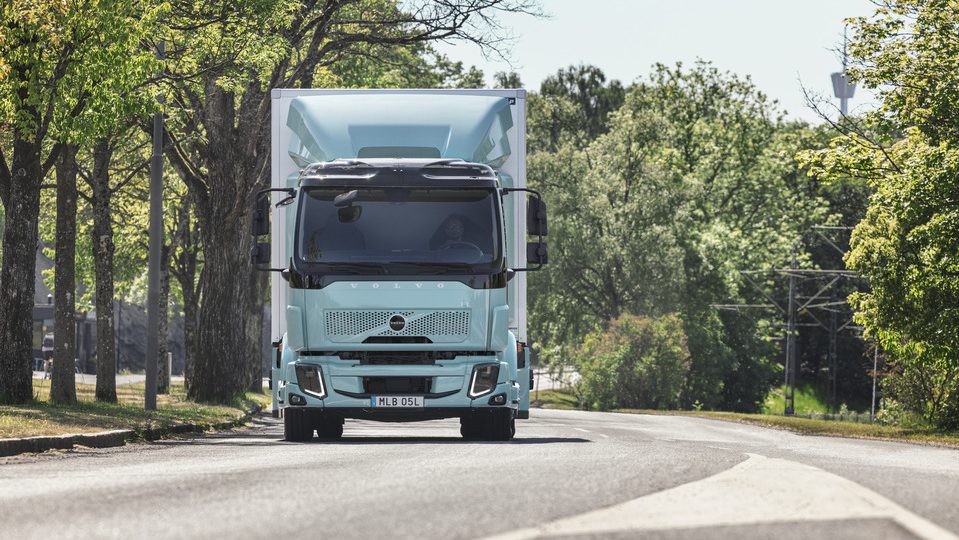IRU: energy transition is hard without suitable charging and refuelling network in Europe
Following the EU Commission's long-awaited proposal on CO₂ standards for heavy-duty vehicles, the IRU said more about the matter of energy transition. The International Road Transport Union stated that charging and refuelling network is absolutely needed to meet CO₂ targets.

Following the EU Commission’s long-awaited proposal on CO₂ standards for heavy-duty vehicles, the IRU said more about the matter of energy transition. The International Road Transport Union stated that charging and refuelling network is absolutely needed to meet CO₂ targets.
In fact, zero-emission vehicles require a dense network of charging and refuelling stations. The European Commission has proposed to EU legislators a regulation which will oblige Member States to set up a minimal alternative fuels infrastructure network across the EU. According to the international organization, “the European Council’s position has shown little commitment to deploying the massive investment needed to build the necessary infrastructure”.
IRU (and ACEA) on energy transition in the trucking sector
IRU and ACEA, representing commercial road transport operators and vehicle manufacturers, have called upon EU policymakers involved in the Alternative Fuels Infrastructure Regulation (AFIR) trilogue negotiations to ensure that the necessary charging and refuelling infrastructure is in place in time to enable the sector’s transition to climate neutrality.
“As we are nearing next year’s EU elections, sufficient time has passed for EU policymakers to set the right framework to enable commercial road transport operators to shift to alternatively fuelled vehicles”, said IRU EU Advocacy Director Raluca Marian. “Despite this, we see few signs of a quick deal happening between legislators any time soon, and even less so of a deal at the required level of ambition,” she added. “While we are hopeful in MEP Ismail Ertug’s power to push for a pragmatic position, our letter is meant as a wake-up call to all negotiators to make the greening of transport a reality.”
















